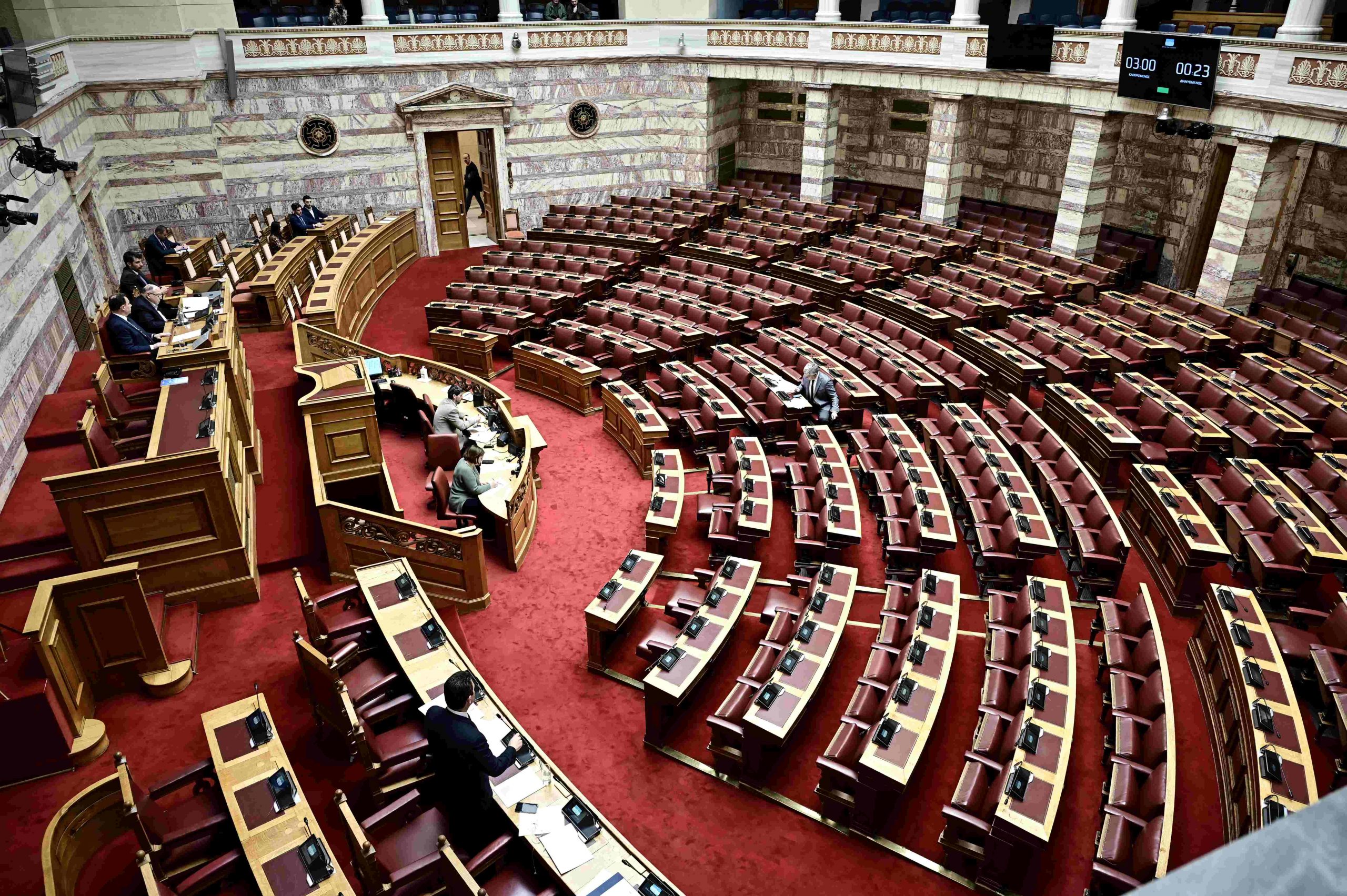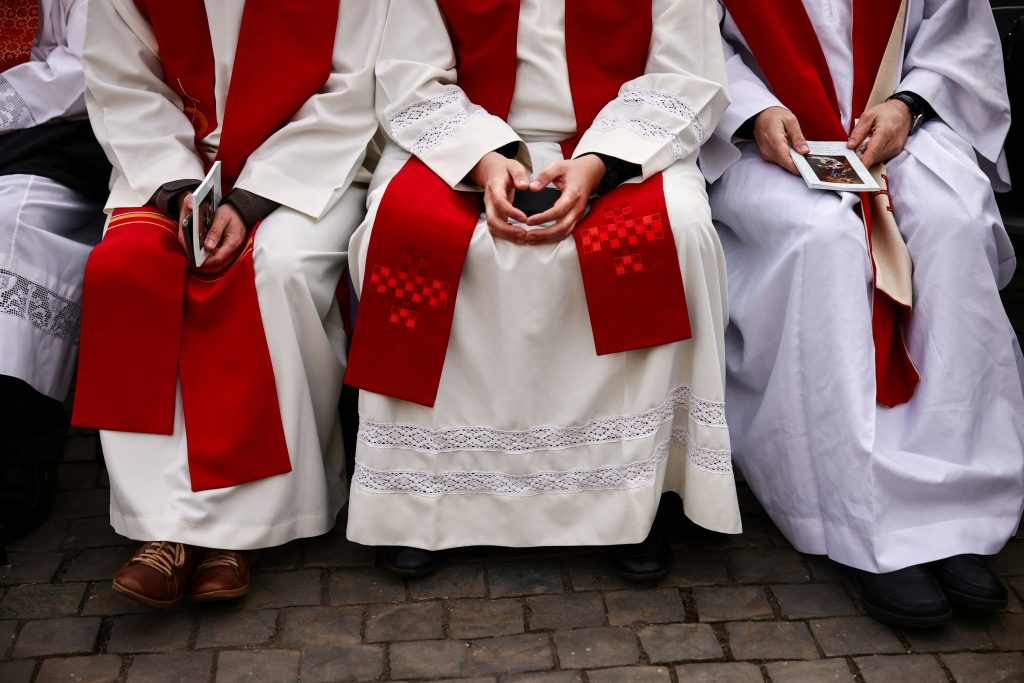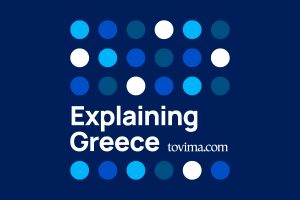The day after the united Kingdom of Italy was proclaimed (in 1861), the politician Massimo d’Azeglio is said to have insightfully noted: “We’ve made Italy, now we have to make the Italians”.
The latter would prove more difficult than the former.
Much the same could have been said in Greece in July 1974. “We’ve made a democracy, now we have to make the democrats”.
And it would be just as hard to do, if not harder. Truth be told, fifty years on, I’m not entirely convinced the project was ever completed.
Confirming my suspicions, Syriza MP Pavlos Polakis treated us to the latest episode in a saddening series the other day.
Because democracy isn’t just a constitution or a couple of courts or five parties or six independent authorities and a handful of newspapers.
It’s all that and more. It is all of us coexisting within a political system that provides the methods we can use to resolve our differences.
It’s a system that does not tolerate silencing the views of others with a “shut up!” (I’m looking at you, Polakis!). Which does not allow us to exclude or bully others, or impose powers other than those provided for, and regulated by, the Constitution and the rule of law.
Which protects freedom and the right to dissent, oppose and debate within the bounds of public order and (if I may add…) basic courtesy.
Democracy is an entire political culture.
So have the democrats we would have found hard to find half a century ago been forged in the interim? Without casting doubts on anyone’s good intentions, I wouldn’t stake my life on it.
Anger, unbridled emotion, rage, irrational protest and sheer indignation feed into an unstable and unpredictable substratum that undermines democracy.
We have become well-acquainted with it over the last decade. I’d like to think it’s fading away, that any remaining turbulence is its aftermath, nothing more.
We are undoubtedly celebrating fifty years of democracy at a time when efforts to challenge democracy are in decline. No one openly rejects it, not even the most anti-democratic forces in Greek politics.
What they do instead is cultivate and exploit the factors that undermine democracy: intolerance, fanaticism, hostility, suspicion, vulgarity…
No, these forces no longer threaten democracy with tanks. What they do is target the essence of its political culture, because that is what they want to erode. To bend it out of shape until it reflects their own distorted values.
But we have now enjoyed half a century of the best democracy Greece has ever known.
Now, we’ll just have to wait and see if it enough democrats have been forged to defend its democratic culture.



